How should I adapt my brand image and messaging for an overseas market?

For Japanese businesses looking overseas, companies need to make strategic decisions on how to adapt their brand image and messaging to capture the hearts and minds of consumers in foreign markets.
This process involves a balance between maintaining your brand identity and meeting the cultural, societal, and consumer behavior variations in different countries.
Starbucks: Dramatic Branding Change for New Markets

Starbucks, the Seattle-based coffee giant, offers an intriguing example of a company that drastically alters its branding and messaging strategy for new markets. In the US, Starbucks presents itself as a neighborhood coffee shop with an emphasis on convenience, familiarity, and consistency. However, when Starbucks entered the Chinese market, it had to rethink its messaging due to cultural differences.
In China, where tea culture prevails, coffee consumption is viewed as a luxurious, social activity rather than a quick, convenient pick-me-up. Therefore, Starbucks adapted its messaging to fit into this cultural context, positioning itself as a high-end luxury brand. The company designed its stores to be large, comfortable spaces for social gatherings, even introducing ‘Starbucks Reserve’ stores that offer rare, small-batch coffees and immersive brewing experiences. Thus, Starbucks successfully adapted its brand image and messaging to align with local consumption habits, resulting in a distinct Starbucks experience in China compared to the US.
Honda: Mild Adaptation in Branding

Honda exemplifies a strategy of mild adaptation in branding for international markets. In Japan, Honda is seen as a reliable and efficient car manufacturer with a strong emphasis on value for money and sustainability. However, when Honda entered the American market, it recognized the need to shift its brand messaging to cater to different consumer values.
American consumers, who tend to associate cars with personal freedom and status, often prefer larger, powerful vehicles. To appeal to this demographic, Honda positioned itself with a new Acura brand as a producer of not just efficient vehicles, but also stylish, high-performance cars. Models like the Honda Accord and Civic were rebadged and marketed with a focus on their power, luxury, and comfort features. This shift in brand messaging helped Honda gain traction in the American market.
Apple: Consistent Global Branding with Localized Content

Apple has mastered the art of maintaining a consistent global brand image while subtly localizing its content. Apple’s minimalist, innovation-driven branding is recognizable worldwide, but its messaging cleverly changes to resonate with local consumers.
In Japan, for example, Apple’s communication is more formal than in the US, with more emphasis on user tutorials and explanatory content. Japanese commercials for Apple products often feature local celebrities but stay true to the global image. Similarly, in Middle Eastern markets, Apple localizes its content by showcasing how their products can aid in observing religious practices, such as apps for prayer timings. These nuanced content changes, however, do not alter Apple’s global brand image as a leader in technology and design.
How should I adapt my brand?
The level of adaptation a brand undergoes when entering an overseas market largely depends on cultural, societal, and consumer variations in the new market, as well as the inherent characteristics of the brand itself. Whether it’s Starbucks completely reshaping its brand image, Honda adapting its product offering, or Apple retaining a consistent brand identity with localized content, each strategy serves to create a meaningful connection with local consumers while maintaining a strong global presence.
At GK we can support your Japanese businesses in this endeavor to successfully market your product in new territories, or markets where you have struggled to achieve your growth targets. If this is an issue you are tackling, get in touch with our experts for a free 30-minute consultation to learn how we can propel your brand to the world stage.
Get in touch for a free 30-minute consultation.
Grow your business internationally, create brand awareness and find new leads. Contact our experts to propel your brand to the world stage.





